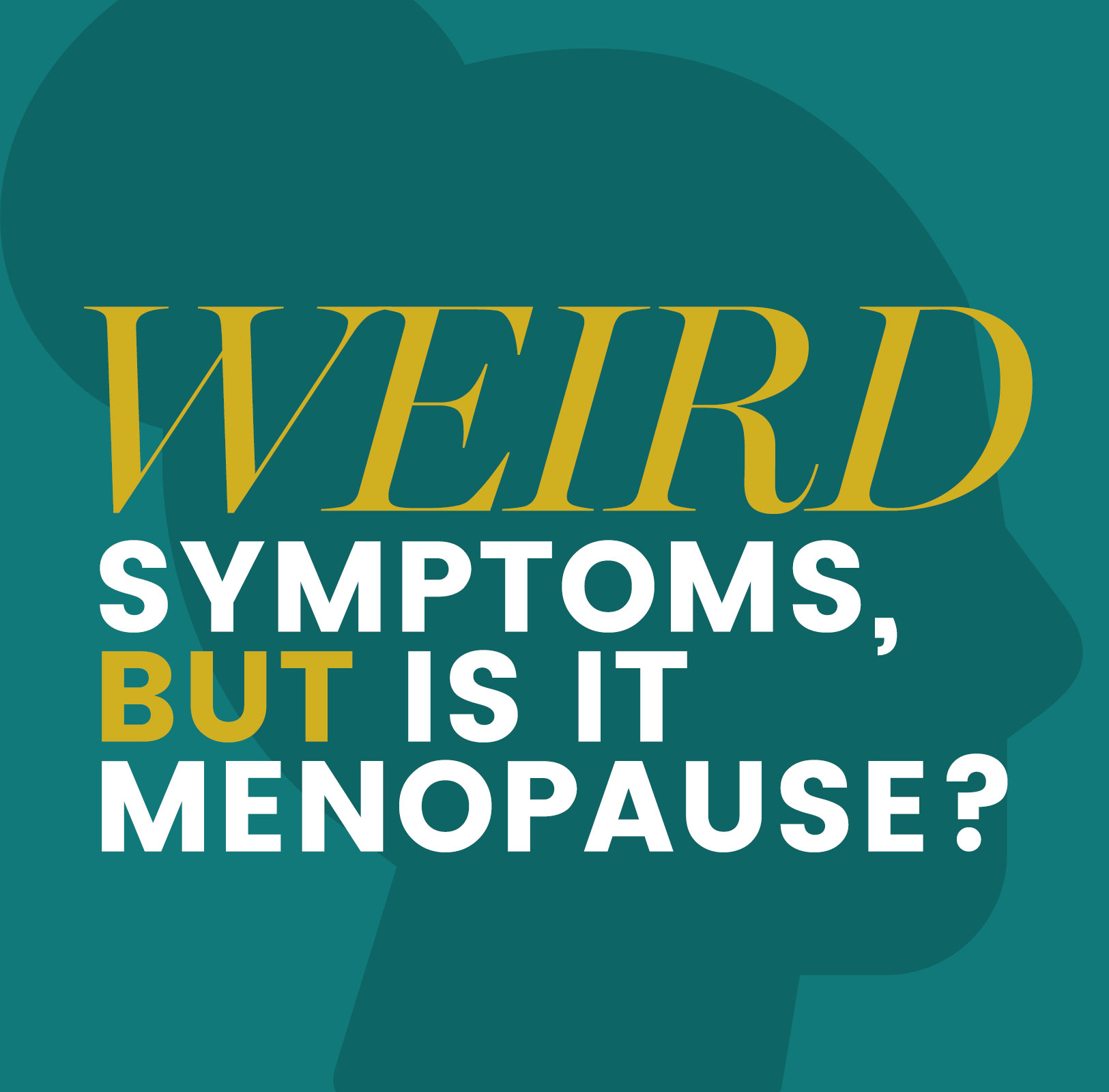These Menopause Symptoms May Signal You’re Approaching the End of Your Perimenopause Journey
As you’re going about your life, you may start to notice certain changes in your body, mood, and energy level. As you approach and surpass 40, it’s natural to wonder if what you’re experiencing are symptoms of menopause. Let’s take a closer look together.
The first thing to be aware of is that, while menopause is the most common word we hear about this time of transition in women’s lives, the word actually demarcates the end of the physical part of the process. The journey to menopause — and all the symptoms that go with it — is actually called perimenopause.
Unpacking Perimenopause
Perimenopause usually begins sometime in our 40s, though some women do start in their 30s. At the physical level, this is when estrogen levels drop as we approach the time in life when we don’t have any more eggs to ovulate and our bodies stop having a menstrual cycle (menopause). This drop in estrogen increases as we reach the end of perimenopause (the last couple years of it), and that’s when most women start experiencing menopause symptoms.
It is important to state, however, that just as girls experience puberty in many different ways and timings in youth, women experience perimenopause differently. For some women, perimenopause can last less than a year. For others, it can stretch on for a decade.
The average length of time for perimenopause is about four years. And again, it’s towards the end of your own personal perimenopause expression that you are most likely to notice symptoms.
Review Your Symptoms
You don’t necessarily need to be experiencing all or even most of these symptoms to be in perimenopause. However, women in perimenopause will exhibit at least some of these.
- Mood changes
- Urine leakage when coughing or sneezing
- Frequent need to urinate
- Headaches
- Difficulty concentrating
- Fatigue
- Mild temperature changes (can be warmer or colder)
- Irregular periods
- Vaginal dryness
- Pain/discomfort during sex
- Decreased sex drive
- Sleep disturbances (i.e., difficulty falling or staying asleep)
- Dry, calloused feet
- Foot pain (i.e., arches or balls of the feet, big toe joint, bunions)
- Joint and muscular discomfort
- Breast tenderness/discomfort
- Uterine bleeding
- Heart discomfort
- Cold flashes
- Hot flashes and night sweats
When periods stop for a full year, you have reached menopause.
More About Mood Changes
While many symptoms of menopausal transition are physical, the changes in mood often affect us the most on any given day. Our mood is a huge aspect of how we interact with the people around us, from family to coworkers to the cashier at the grocery store. It’s also an important part of how we feel about ourselves, and the self-talk that runs in the background of our daily activities.
If you’re feeling more irritable, sad, angry, tense, tired, anxious, or just having difficulty staying motivated or concentrating, it could be due to your approaching menopause. How you approach your work and your relationships begins to change, and you may feel like you’re standing on shifting ground.
Everything from your friendships, to your partnership, to your comfort and ease with your job can seem like they’re in flux. As upending as this experience can be though, it’s important to remember that what you’re going through is a natural part of aging.
The good news is, you don’t have to go through this alone. Not only does every woman in the world go through it, but there are guided support programs to help you address both the larger ramifications of menopause and the specific areas of life it’s affecting most for you.
Call me today to ask me what programs might work best for you.





